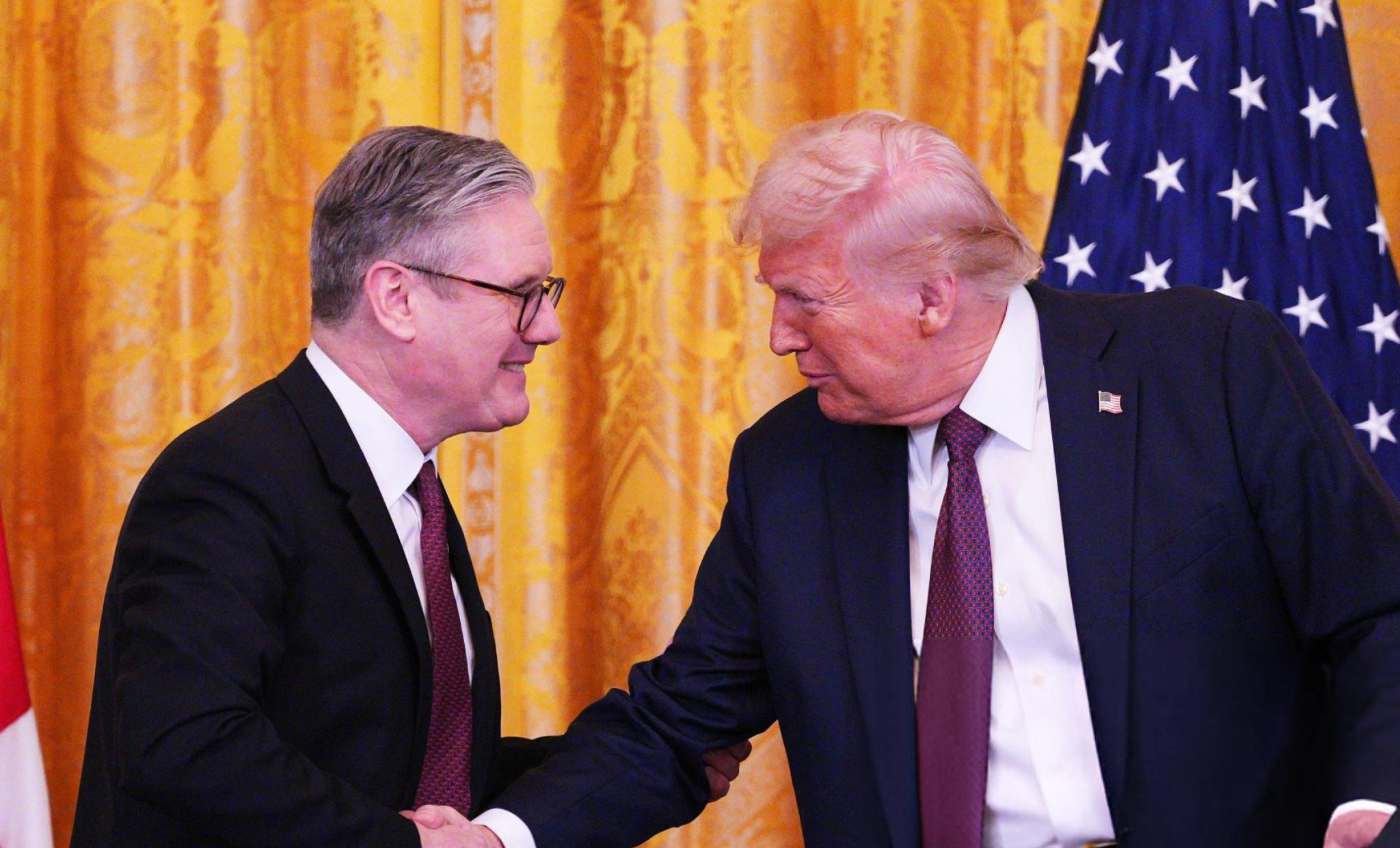Sir Keir Starmer issued stark warning over Donald Trump’s US trade deal by top economist
Sir Keir Starmer has come under fierce scrutiny over the UK’s latest trade arrangement with the United States, after Nobel Prize-winning economist Joseph Stiglitz branded the deal “not worth the paper it’s written on”. The remarks have fuelled concerns that the Labour leader’s push to secure closer ties with Washington could leave Britain short-changed while alienating key partners in Europe.
The controversial pact, signed on thursday, saw tariffs on up to 100,000 UK-manufactured cars exported to the US slashed from 27.5 per cent to 10 per cent. The agreement also introduced quotas to limit exports of British steel and aluminium, in return for reducing existing tariffs. However, within hours of the announcement, Donald Trump’s press secretary reiterated that the former and potentially future president remains “committed” to a sweeping 10 per cent blanket tariff on most British imports into the US.
Speaking to sky news, Mr Stiglitz delivered a withering assessment of the deal, warning that any agreement made with Mr Trump would be precarious and open to reversal at any moment. “Any agreement with Trump isn’t worth the paper it’s written on,” the esteemed economist declared. “He has a track record of ripping up deals, acting unilaterally, and using trade as a political weapon.”
Asked whether the UK should have instead concentrated on mending relations with the European Union and pursued a collective approach to trade negotiations, Mr Stiglitz was unequivocal. “Very much so,” he responded. “My view is that if you had worked with the EU to get a good deal you could have done better than what you’ve done.”
The warning piles fresh pressure on Sir Keir as he seeks to assert labour’s pro-business credentials while navigating the UK’s post-Brexit economic landscape. Critics argue that chasing a fragile and narrowly focused deal with an unpredictable Trump-led administration risks further isolating the UK from its closest trading neighbours.
Despite the backlash, Home Secretary Yvette Cooper defended the deal, highlighting its significance for vital sectors such as automotive manufacturing. When questioned on whether the US was taking the UK for a ride, Ms Cooper maintained that securing tariff reductions for car makers such as Jaguar Land Rover was a priority. “Clearly, we want to go further in terms of the trading relationship with the US,” she said. “We are an outward-looking trading nation, so trade is important.”
However, she stopped short of providing a direct response on the status of discussions with the EU, declining to engage in what she termed a “running commentary”.
The Government also faced criticism from the opposition benches, with shadow home secretary Chris Philp describing the agreement as “a very narrow deal” that fails to deliver the comprehensive trade partnership many had hoped for. Mr Philp told reporters: “what was agreed last week is not a comprehensive trade deal. It is a very narrow deal, talking mainly about tariffs.”
He further highlighted the concerns raised by the governor of the bank of England, Andrew Bailey, noting that the overall tariff burden on British exports heading to America remains higher under the newly agreed terms than it was at the beginning of the year. “While it’s good that the terrible punitive tariffs that have been in place for a few weeks have been eased, the level of tariffs that are now being charged on UK exports going into America are higher under this new, so-called deal, than they were at the beginning of the year,” Mr Philp cautioned.
As the political fallout continues, experts warn that Britain’s approach to international trade may need a serious rethink, with growing calls for Sir Keir Starmer to focus on rebuilding bridges with Europe and developing a more stable and long-term strategy rather than pursuing short-term wins with volatile partners.






